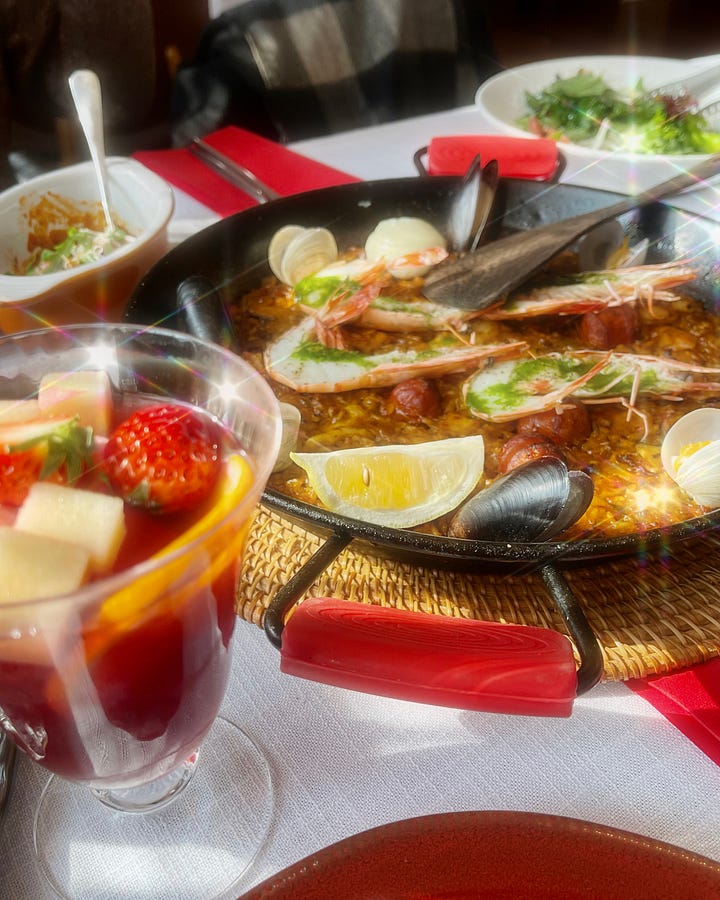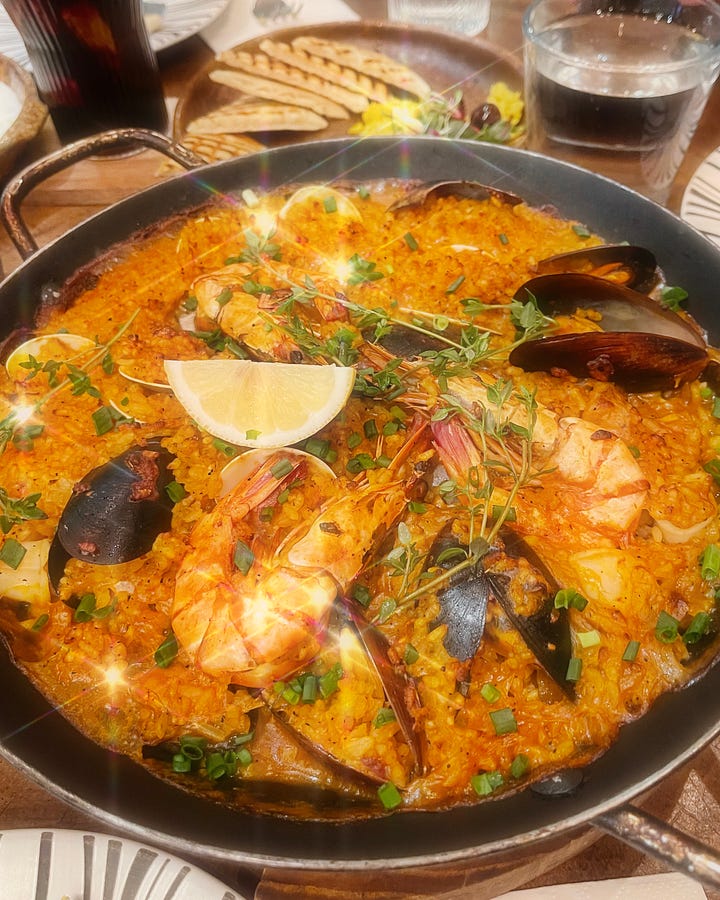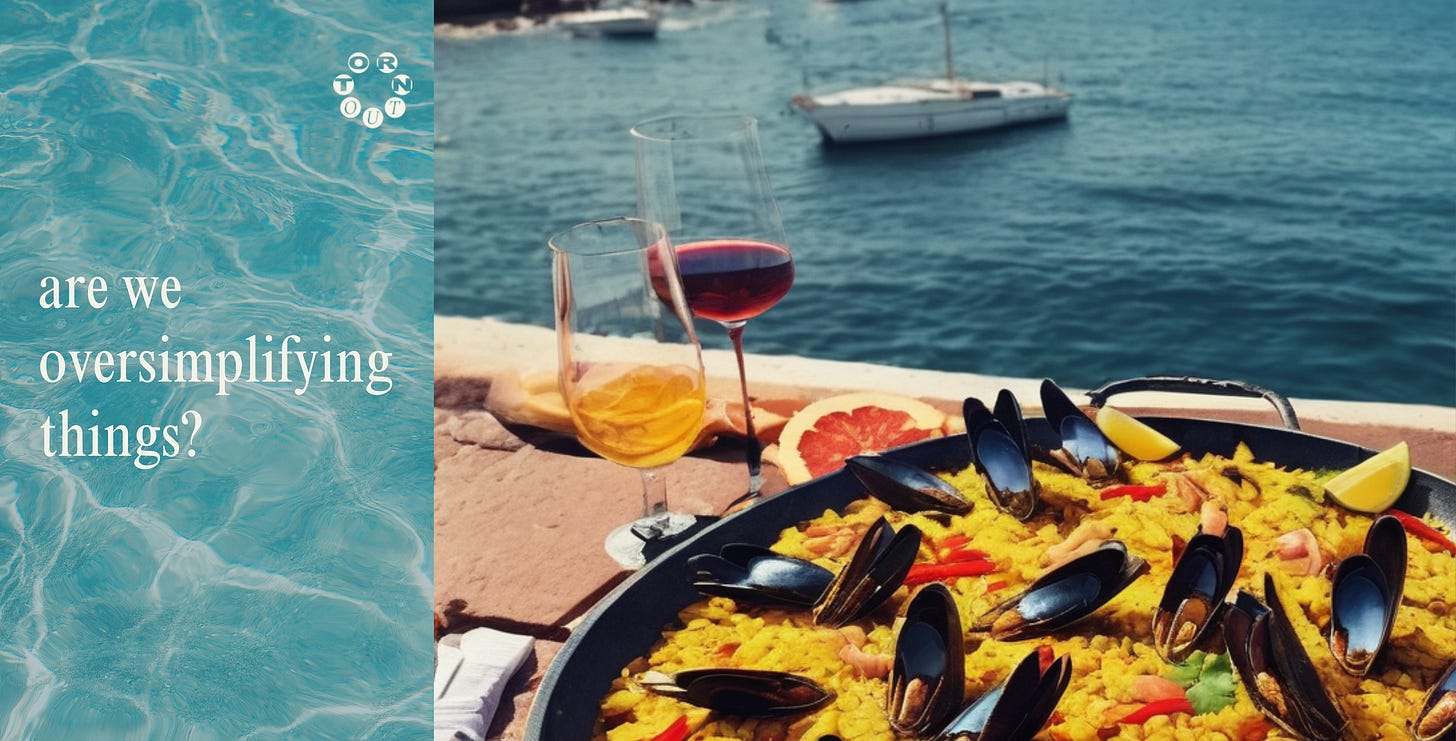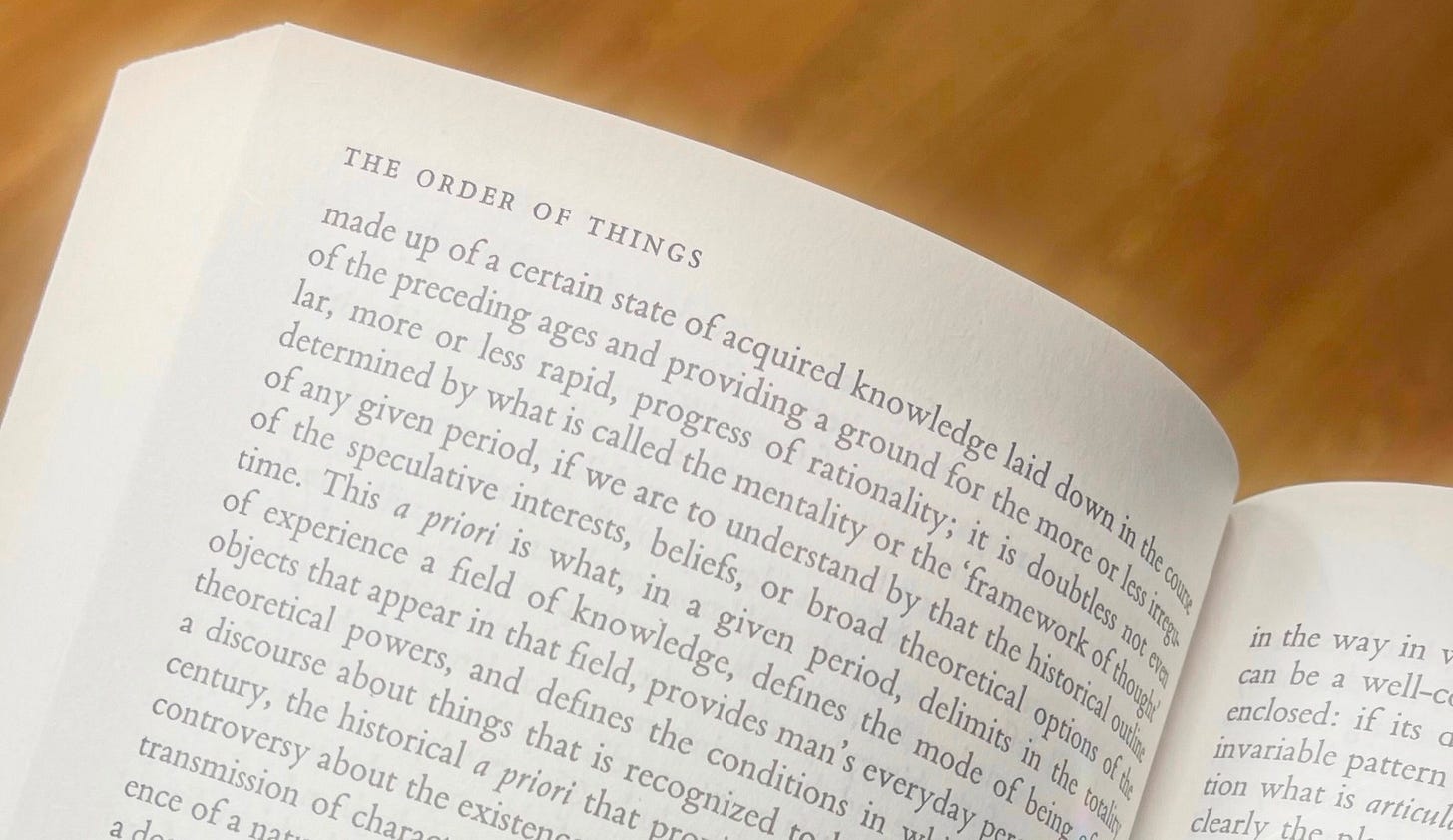There are days when you overthink, yet in the context of our constant production and redistribution of information online and offline, are we indeed oversimplifying things more drastically?
I was deciding what to eat for a recent gathering. While we were all longing for some seafood, I suggested to visit a Spanish restaurant for some good old paella and Sangria. Yet as soon as I saw the menu, my mind somehow activated the time machine and shifted to that exact moment on flight.
That was the time I travelled to Spain and this auntie was sitting next to me. “¿Hablas Español?” “Un poco.” I just learned some Spanish but I couldn’t resist her warm smile, so we end up chatted non stop during our short flight to Valencia. She was patient, and one thing we didn’t miss is certainly the food, especially paella which originated from Valencia.
“Next time when you order, always choose the chicken paella,” she said (in Español).
She gave me a top-secret hint: Chicken paella is the best paella. It still has the paella flavor from the saffron-infused rice, but somehow the chicken brings out a richer flavor. If it’s a traditional delicacy enjoyed by locals, then what makes this not-so-secret a secret to the rest of us? Unseen assumptions.


I still eat paella sometimes with chicken and sometimes with seafood, I let my mood decide for me, yet I’m glad this piece of information is not diluted by the surface of language. As for paella, when translated into Chinese, it becomes “seafood rice”, how so? Nobody really justified this, not to mention this dish indeed differs from regional influences.
This brings to my recent read on “The Order of Things” by French philosopher Michel Foucault. He stated that “natural history is contemporaneous with language,” from the notion of paella, the translated language itself simplifies the complexity of this dish as a seafood dish. When we rethink our media and cultural influence, it is obscure how this linear perspective has been constructed. Then when we refer to Foucault’s concept of “epistemes,” as the basic knowledge framework that shapes how we understand the world, it is then the way we “could” see the world has indeed marginalized other perspectives, and diluted paella’s rich varieties.
Cultural power dynamics becomes another form to understand this common perception of paella as a seafood dish beyond culinary trends, as from the angle of “secret,” the overlooked recipes of certain regions such as Valencia, has inevitably led to the narrow understanding of its variations.
Keep reading with a 7-day free trial
Subscribe to TORN OUT to keep reading this post and get 7 days of free access to the full post archives.






